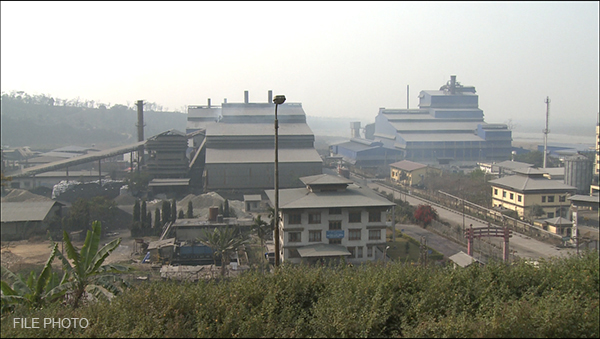 The private sector and businesses in the country are calling for a restructuring of the present power tariff system. Today electricity is revised every year for a three year cycle period.
The private sector and businesses in the country are calling for a restructuring of the present power tariff system. Today electricity is revised every year for a three year cycle period.
Representatives from the private sector said, since the revision is determined for a three year cycle, it does not take account of swings in economic conditions. Therefore, the draft power tariff policy should allow the government to intervene during rough economic times.
Even if the industries go through extremely difficult times, the present tariff structure does not allow any rooms for intervention, a private business said.
Today, he said, the global economic conditions kept changing affecting the local industries. But even as the industries suffer losses due to these economic changes, power tariff kept increasing following the three-year cycle; there are no interventions.
General secretary of Bhutan Chamber of Commerce and Industry Phub Tshering said the policy was untimely since the act is already in place. He said, first a policy paper should have been adopted that will provide directions and then an act should have followed.
He said draft policy was lacking in some important ingredients. The policy he said should empower the government to change certain regulations, the tariff determination regulation in particular.
The tariff determination regulation specifies that power tariff should be calculated on a cost plus model. He said, the cost plus model has always proven taxing to the private sector since all the cost is passed down to the customers and the payment has to be made upfront.
The private sector will be meeting up with the government tomorrow for a consultation meeting on the draft power tariff policy.








